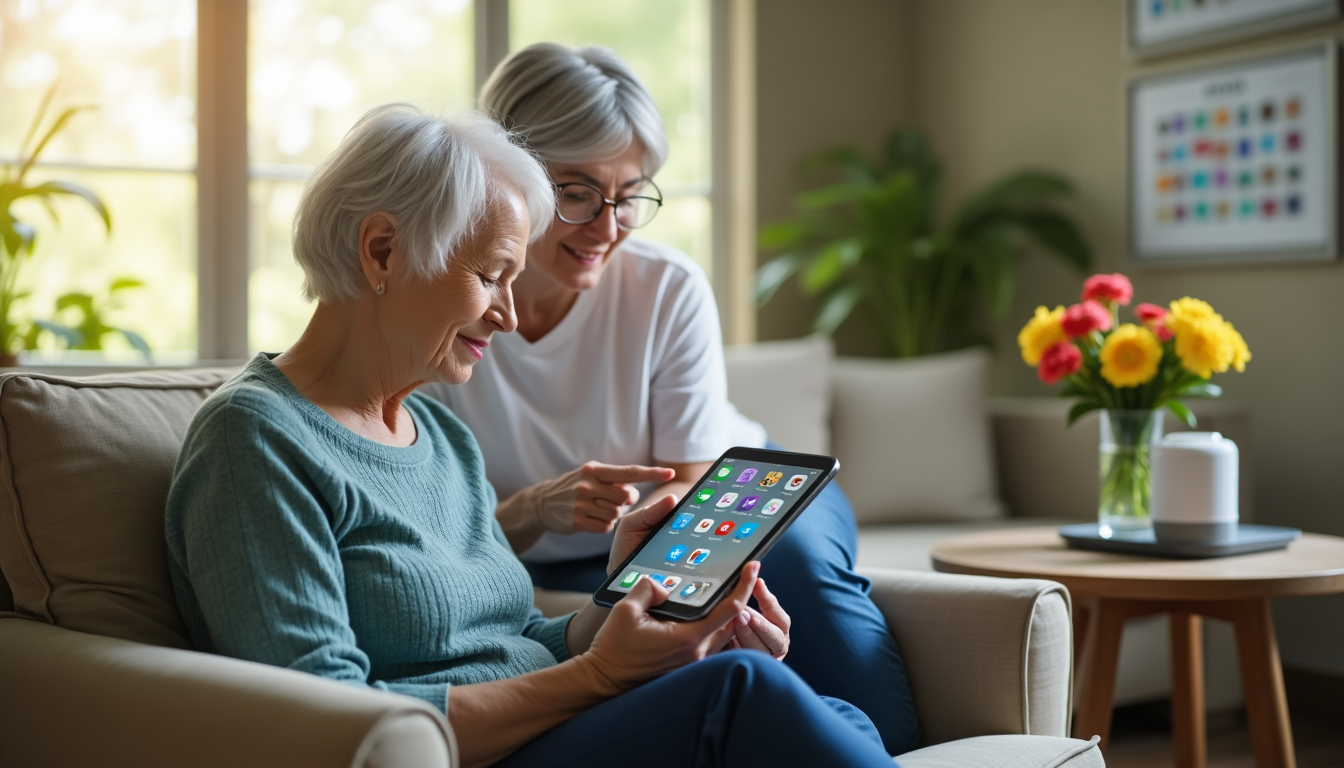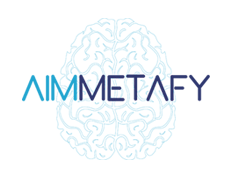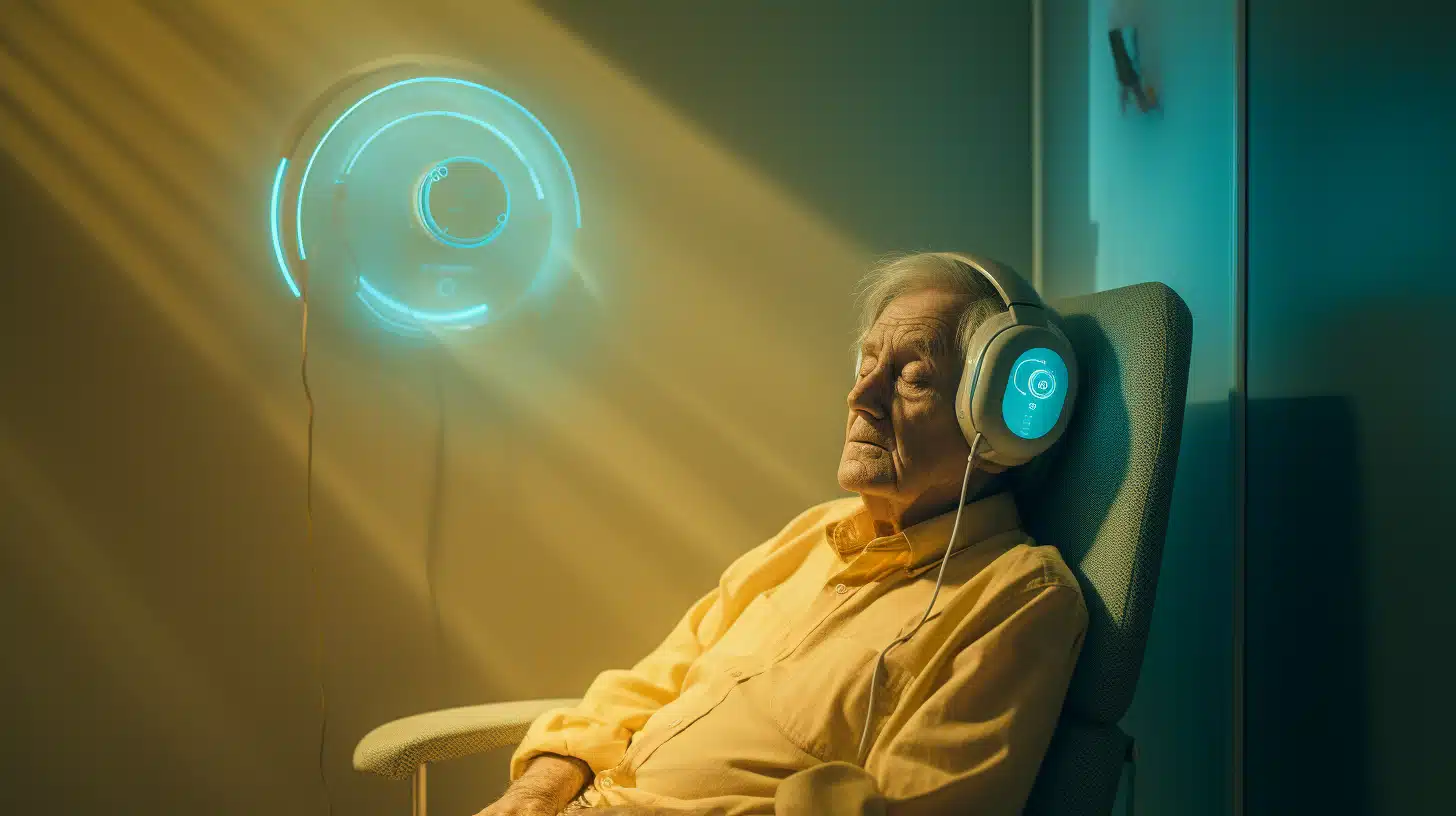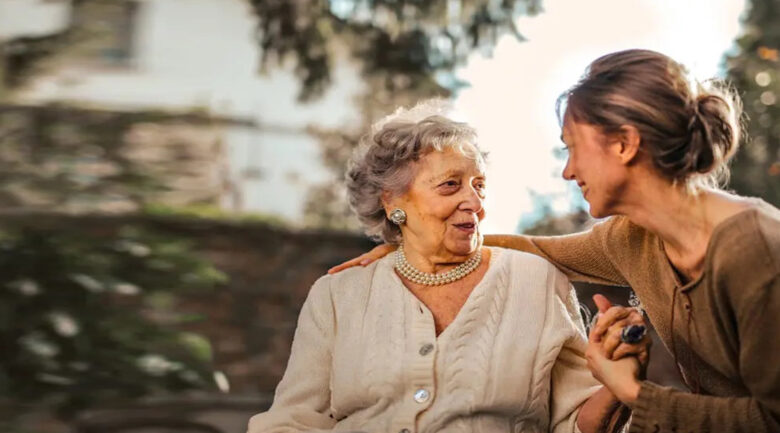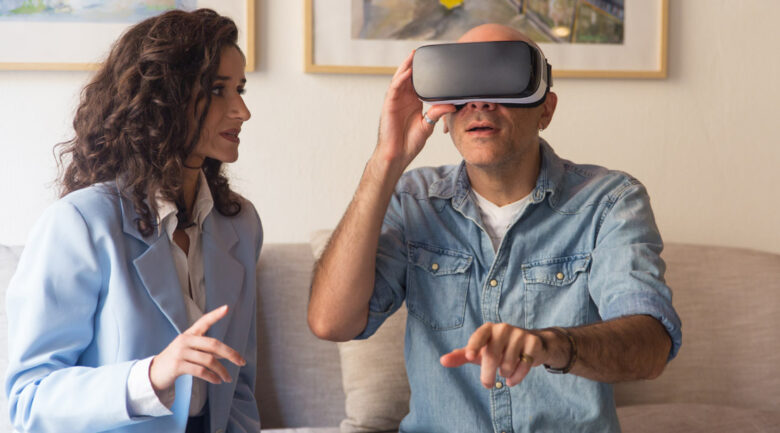The Tides of Change: Harnessing Technology for Caregiving Relief
Caregiving is one of the most selfless and demanding roles, often leading to high-stress levels and burnout. In the UAE and the Gulf region, family caregivers are at the heart of supporting loved ones dealing with chronic illnesses, disabilities, or age-related conditions. This responsibility, deeply rooted in the region’s cultural and familial values, can sometimes be overwhelming.
With the growing ageing population in the UAE and the rise in chronic conditions like diabetes and heart disease, the need for caregiving solutions has never been greater. In this article, we explore how technology can ease the burden on caregivers, offering them much-needed support and improving the healthcare system.
The Caregiving Burden in the UAE
Caregivers in the Gulf face unique challenges shaped by cultural expectations and healthcare systems:
- Managing Medical Appointments: With significant healthcare facilities in cities like Dubai and Abu Dhabi, attending appointments can be a logistical challenge for caregivers and patients, particularly those in rural areas.
- Providing Daily Support: Caregivers assist with daily tasks such as hygiene, mobility, and nutrition, especially for elderly family members or those recovering from surgery.
- Emotional Reassurance: Constant emotional support is crucial for patients with chronic illnesses. This often adds to the mental and emotional stress caregivers already face.
- Financial Strain: The high cost of healthcare can also put a significant financial strain on families, adding to the pressure caregivers experience.
These combined responsibilities can lead to caregiver burnout—a state of physical, mental, and emotional exhaustion.
How Technology Eases Caregiver Stress
In the UAE, the healthcare sector is embracing digital solutions, which can significantly help caregivers manage their responsibilities with less stress.
- Remote Patient Monitoring
Smart devices that connect through the Internet of Things (IoT) allow caregivers to monitor vital signs and safety measures from afar. For instance, healthcare providers like Seha offer systems that alert caregivers to abnormalities, providing peace of mind.
- Medication Management Tools
Apps like HealthHub by Al-Futtaim sync with pharmacies and healthcare providers, offering medication reminders and ensuring timely refills—critical for patients managing chronic conditions like hypertension.
- Telemedicine Services
Platforms like Seha Virtual Outpatient Clinics offer virtual consultations, sparing caregivers the stress of travel and reducing the time spent away from their loved ones.
- AI-Powered Virtual Health Assistants
Artificial intelligence tools, such as symptom checkers or virtual assistants, provide caregivers instant answers to their questions, task reminders, and even emotional support, reducing feelings of isolation.
- Social and Emotional Support Platforms
Caregiver-focused networks in the UAE, such as dedicated forums and social groups, provide emotional support and a sense of community. These spaces allow caregivers to share experiences, seek advice, and realise they are not alone.
Benefits of Technology for Caregivers
Adopting these technologies brings several benefits to caregivers:
- Reduced Anxiety
Knowing their loved ones are being monitored with advanced devices can significantly lower a caregiver’s anxiety, allowing them to focus on other tasks and responsibilities.
- Streamlined Scheduling
Apps that integrate medication schedules, doctor appointments, and medical history help caregivers stay organised and manage their daily routines more effectively.
- Emotional Well-being
Virtual assistants and online communities offer emotional and psychological support, addressing feelings of isolation that many caregivers experience.
- Time and Cost Savings
Telemedicine and online pharmacy services minimise travel time and costs, giving caregivers more time to rest and care for their loved ones.
Challenges and Considerations
While technology offers immense benefits, its implementation faces a few challenges in the UAE:
- Access and Affordability: Not all caregivers can access smartphones or high-speed internet, particularly in underserved communities.
- Cultural Sensitivity: It is crucial for technological solutions to respect cultural and religious values to ensure widespread acceptance.
- Privacy and Security: Protecting patient data is essential as caregivers increasingly use digital platforms.
For technology to make a real difference, it must be affordable, user-friendly, and secure while also being sensitive to the cultural nuances of the region.
Conclusion
Technology is breaking down barriers and offering practical, innovative solutions that reduce caregiver stress and improve support systems in the UAE. As caregiving remains a core part of family life, these advancements transform how caregivers manage their responsibilities and care for their loved ones.
By integrating user-friendly, culturally sensitive, and secure technologies, the UAE can empower caregivers to balance their duties without sacrificing well-being. As the healthcare sector evolves, embracing digital tools will build a more supportive, sustainable caregiving environment for everyone.
